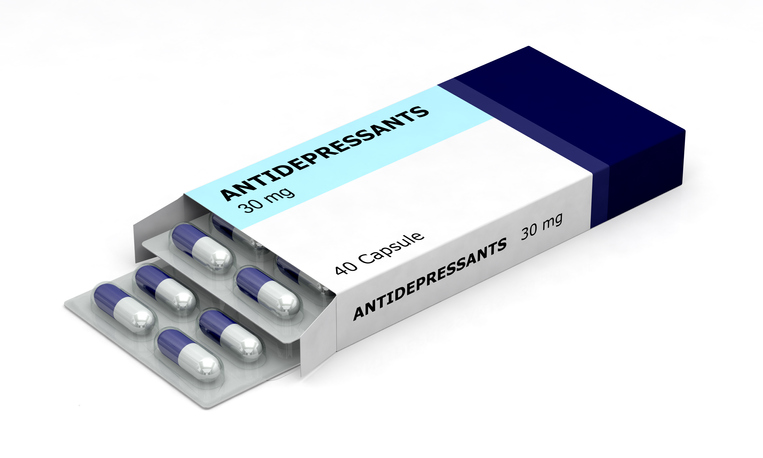Treatments
What Is the Difference Between a Drug Allergy and a Side Effect?

The use of any medication carries the risk of side effects or an allergic reaction. However, it’s important to differentiate between a drug allergy and a side effect, as a drug allergy often warrants discontinuation of a medication, whereas a side effect (unless severe) typically does not. Furthermore, some side effects subside as the body becomes accustomed to a medication.
What is a drug allergy?
A drug allergy is an abnormal reaction to a medication. It occurs when an individual’s immune system has an abnormal response to a medication, treating it as a dangerous substance. The effects of a drug allergy are always negative. Signs of a drug allergy can be mild, such as a rash, or severe, such as anaphylaxis (a life-threatening allergic reaction).
What is a side effect?
Side effects are known possible reactions to medications. They are not related to a response from the immune system. Instead, they develop as a result of the way a medication works in the body. Side effects can be either positive or negative. For example, a potential negative side effect of aspirin is an upset stomach. A positive side effect is that aspirin may reduce the risk of heart attack or stroke. Another example involves the drug nitroglycerin, which is used to improve blood flow. A potential positive side effect of nitroglycerin is improved mental function.
Common negative side effects are generally listed on the medication label or packaging. Side effects are much more common than drug allergies. Less than five to 10 percent of unwanted reactions to medications occur because of a drug allergy.



















